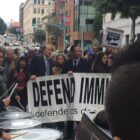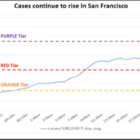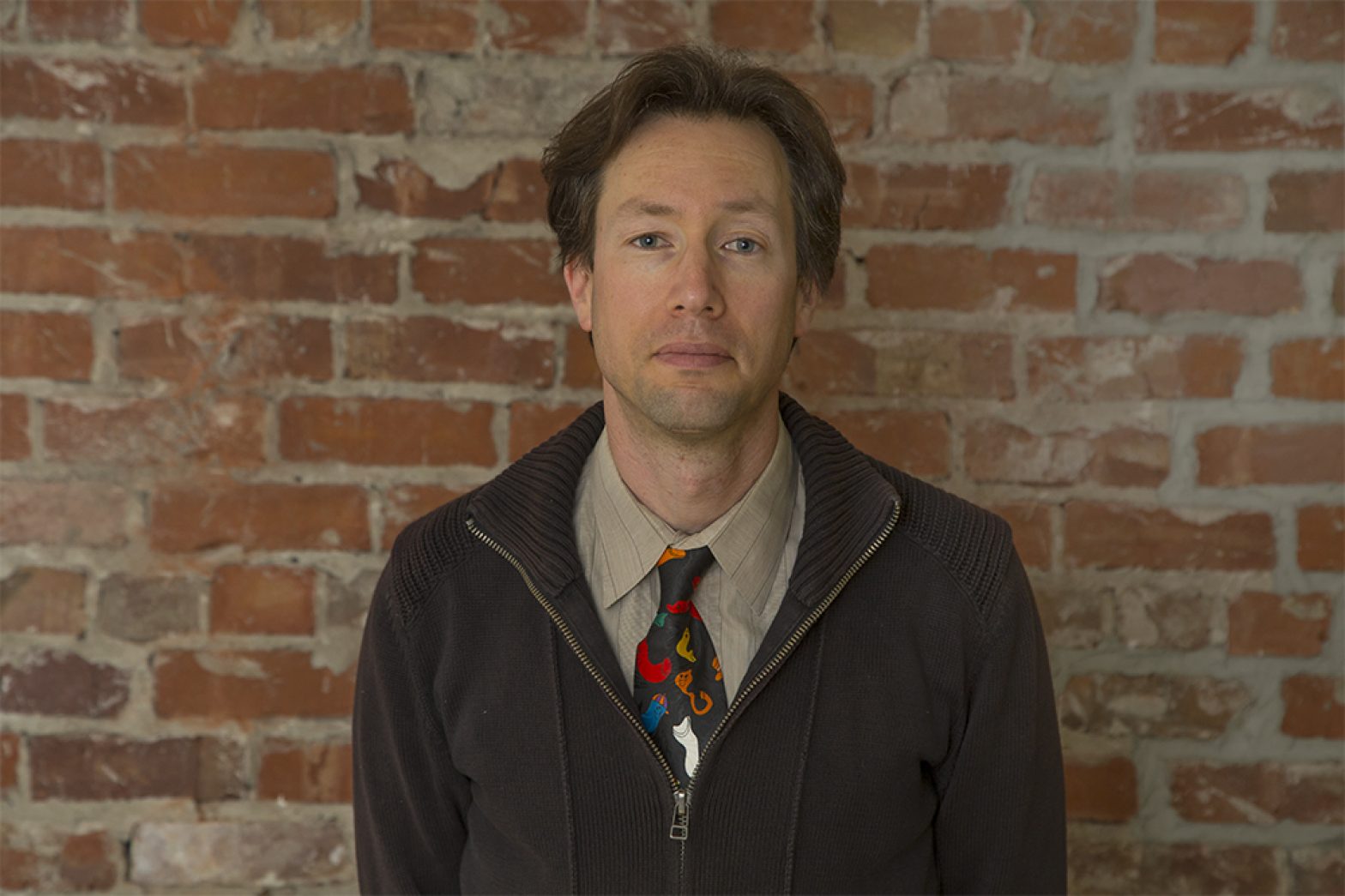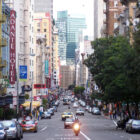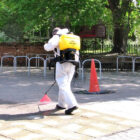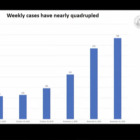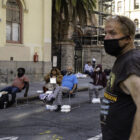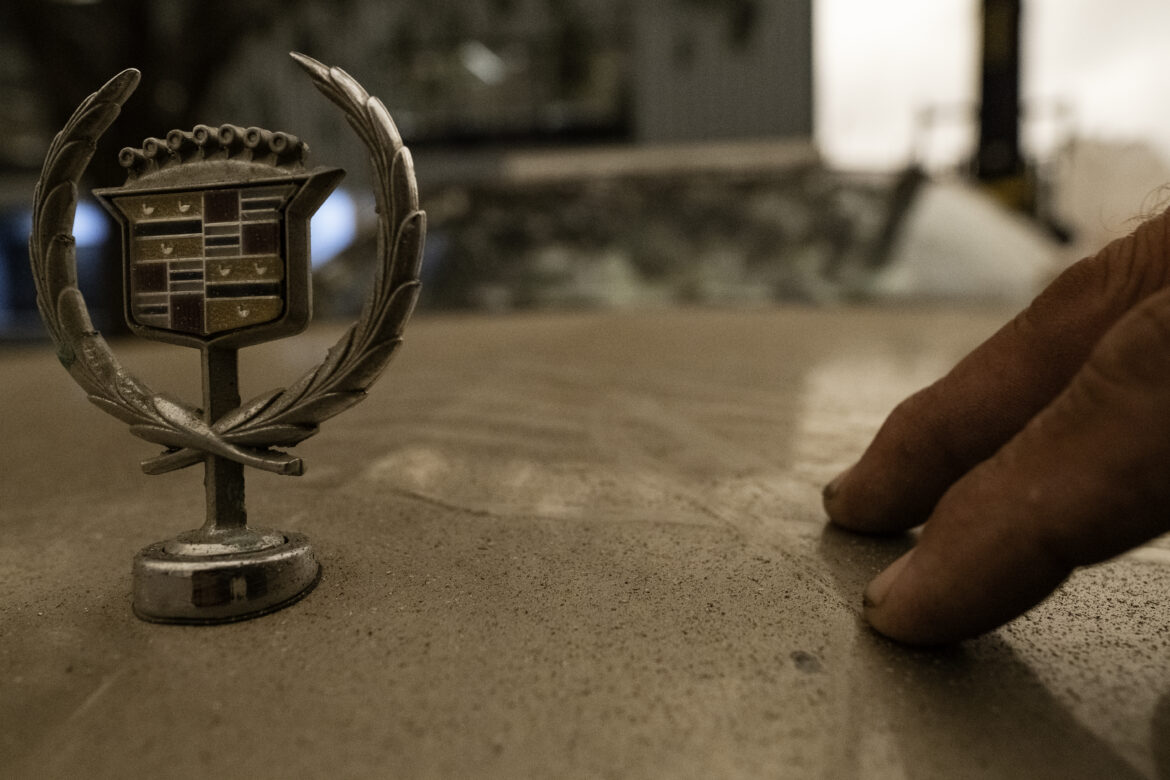Arts & Culture
S.F. Arts Go Virtual for the Holidays
Seventy-six years ago, the San Francisco Ballet introduced “The Nutcracker” to America. This year, the company will introduce the “Nutcracker Online” — a virtual holiday experience for the era of COVID-19.
S.F. Ballet is just one of many local arts organizations that have adapted their holiday offerings for a socially distanced season. It’s not easy to capture the spirit of live performance without an audience, but constraints have bred creativity and opened new channels of artistic expression.

